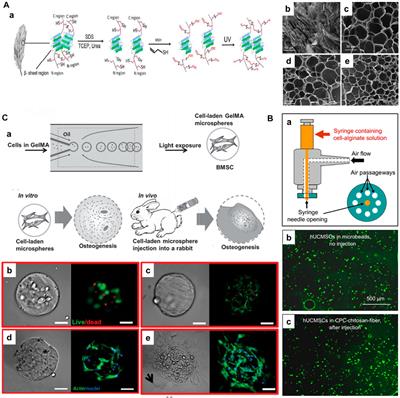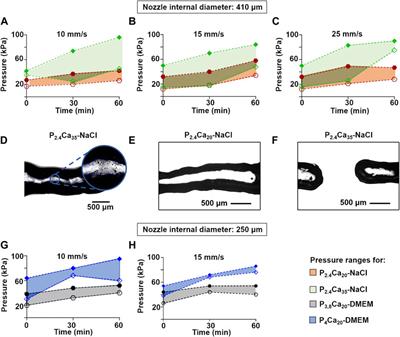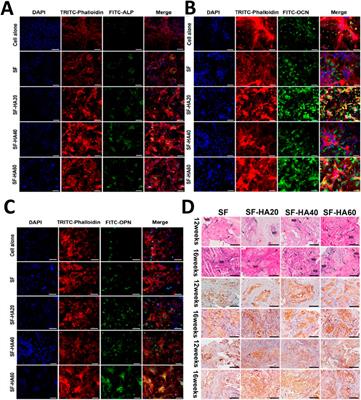EDITORIAL
Published on 02 Feb 2023
Editorial: Polymeric microarchitectures for tissue regeneration and drug screening
doi 10.3389/fbioe.2023.1144991
- 753 views
10k
Total downloads
42k
Total views and downloads
You will be redirected to our submission process.
EDITORIAL
Published on 02 Feb 2023
REVIEW
Published on 26 Jan 2023

ORIGINAL RESEARCH
Published on 10 Jan 2023

ORIGINAL RESEARCH
Published on 09 Jan 2023

ORIGINAL RESEARCH
Published on 22 Dec 2022

REVIEW
Published on 25 Nov 2022

ORIGINAL RESEARCH
Published on 06 Oct 2022

ORIGINAL RESEARCH
Published on 16 Aug 2022

ORIGINAL RESEARCH
Published on 10 Aug 2022

SYSTEMATIC REVIEW
Published on 30 Jun 2022

ORIGINAL RESEARCH
Published on 24 Jun 2022

ORIGINAL RESEARCH
Published on 08 Mar 2022

